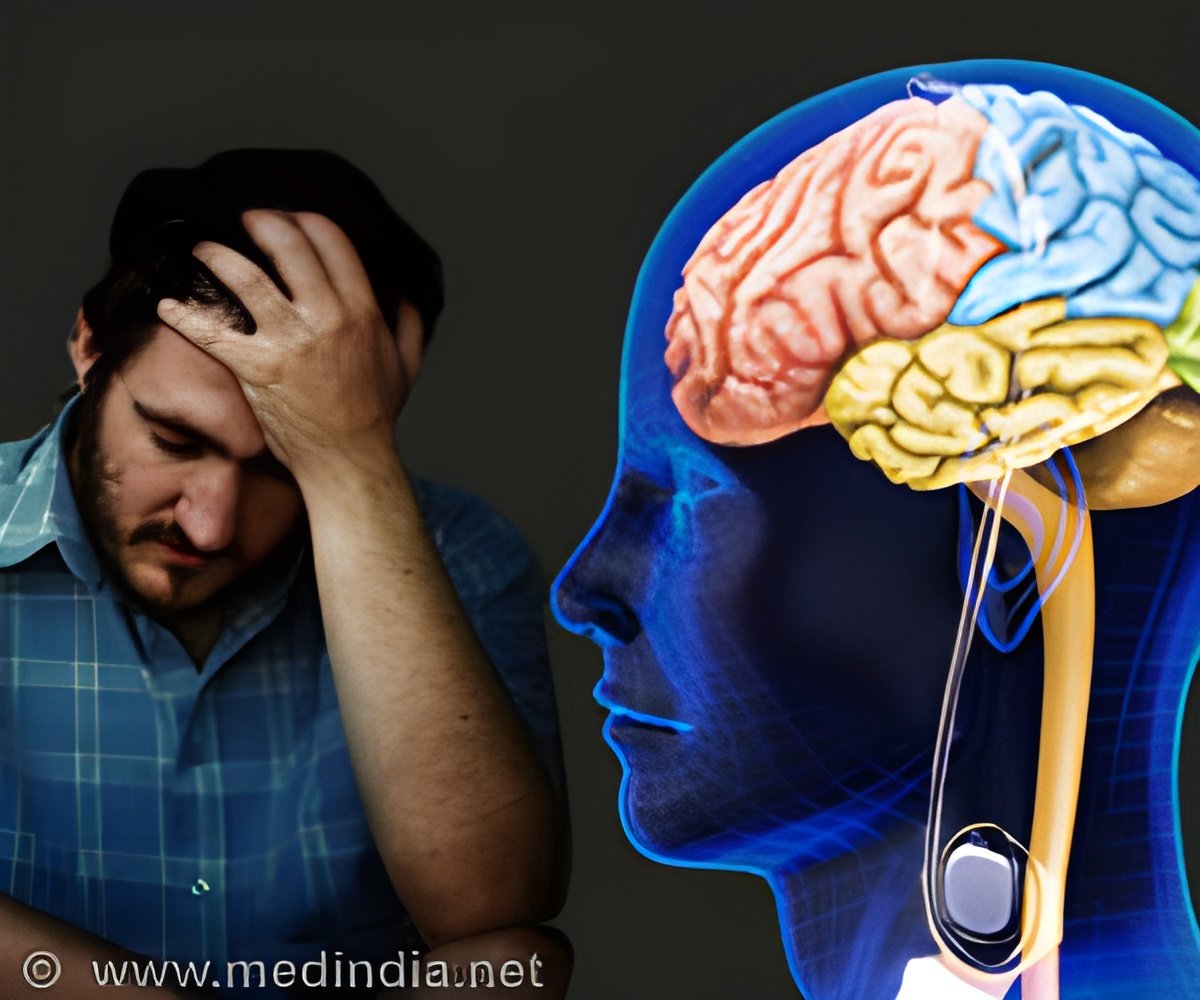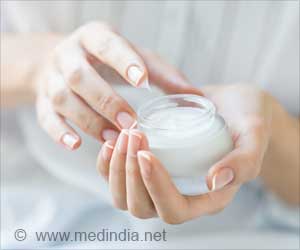Depression is a serious medical concern that adversely affects one's behavior, attitude and sentiments. Recent researches reveal that Deep Brain Stimulation can be used to treat depression.

Recently researchers from the Bonn University of Germany have discovered some amazing effects of Deep Brain Stimulation in acute depression. Prof Volker Arnd Coenen and Prof. Thomas E. Schläpfer published their study in the Journal Biological Psychiatry.
Various studies have been conducted in the past for assessing the role of Deep Brain Stimulation on depression. Earlier the area of study focus was nucleus accumbens but now 'a bundle of nerve fibers running from the limbic system to the prefrontal cortex was selected - a region known as the medial forebrain bundle'.
The scientists said that both these regions of the brain are concerned with the feelings of euphoria and ecstasy.
The experts said that the therapy is effective when a relatively weak electric current was used.
The scientists from Bonn University have noticed that six out of seven seriously-depressed test subjects revealed a marked lowering in depression symptoms such as anxiety, listlessness, despondence and joylessness within few days of the onset of treatment. After the treatment, experts monitored the volunteers for 18 months.
Dr. Rothschild said, "Treatment-resistant depression is a horrible disease. It can result in death, and people who live with it often have very difficult lives." He added, "These impressive findings in the medial forebrain bundle must now be replicated in a double-blind fashion, like the study we’re doing with Brodmann Area 25 - that's the way to prove it."
The scientists concluded that further studies are needed to ascertain the effectiveness of Deep Brain Stimulation (DBS) in treating depression.
Source-Medindia















